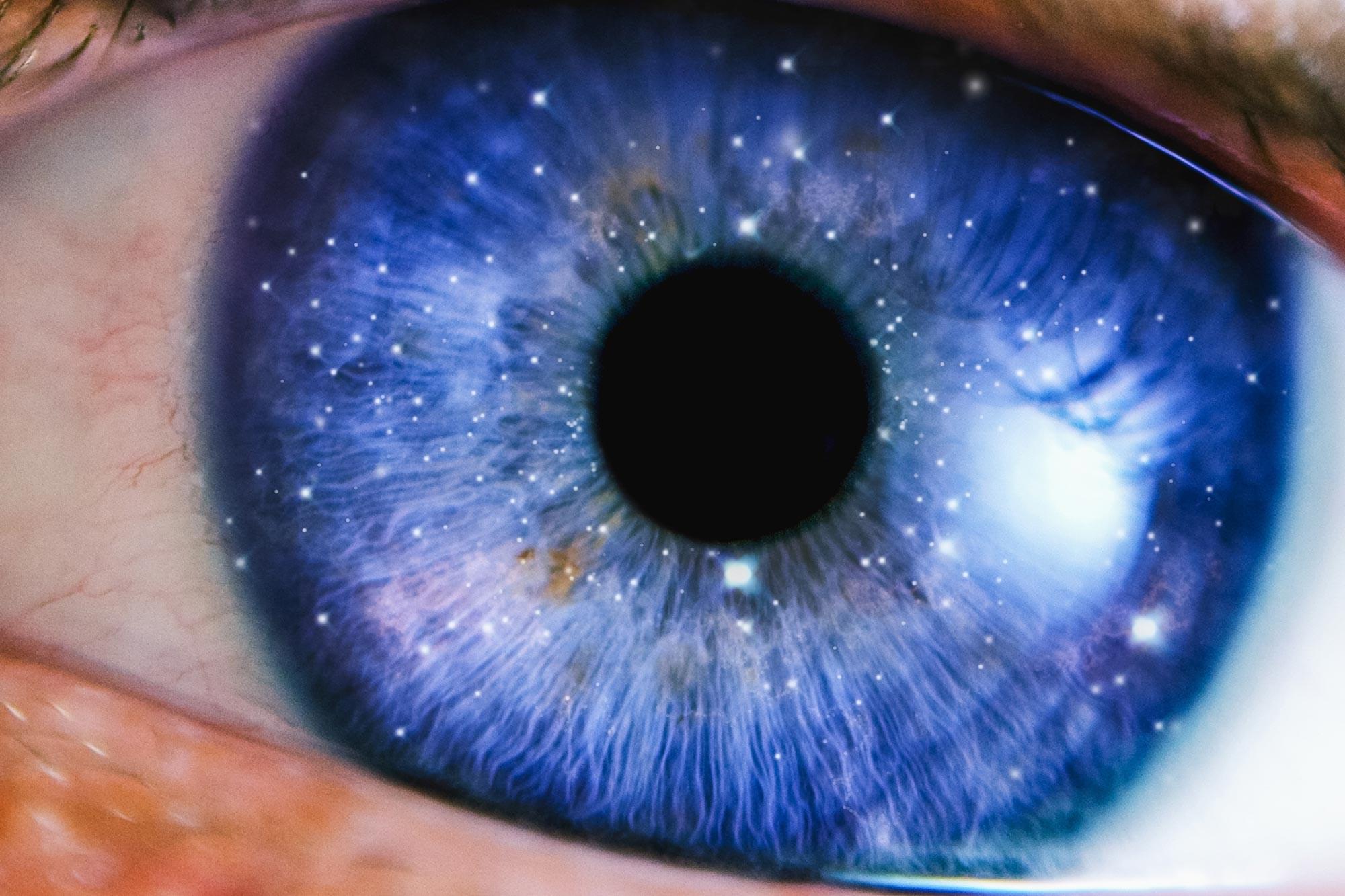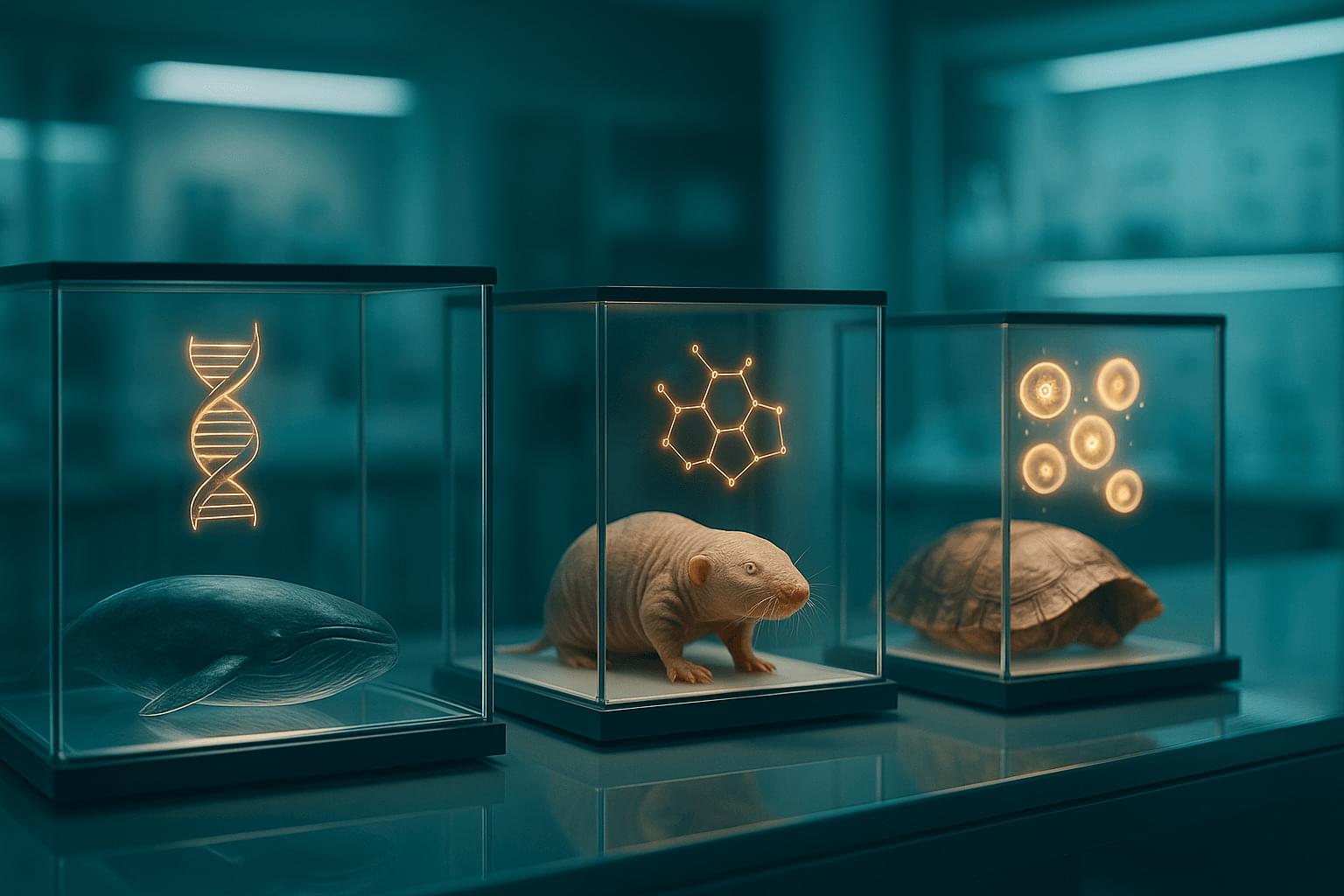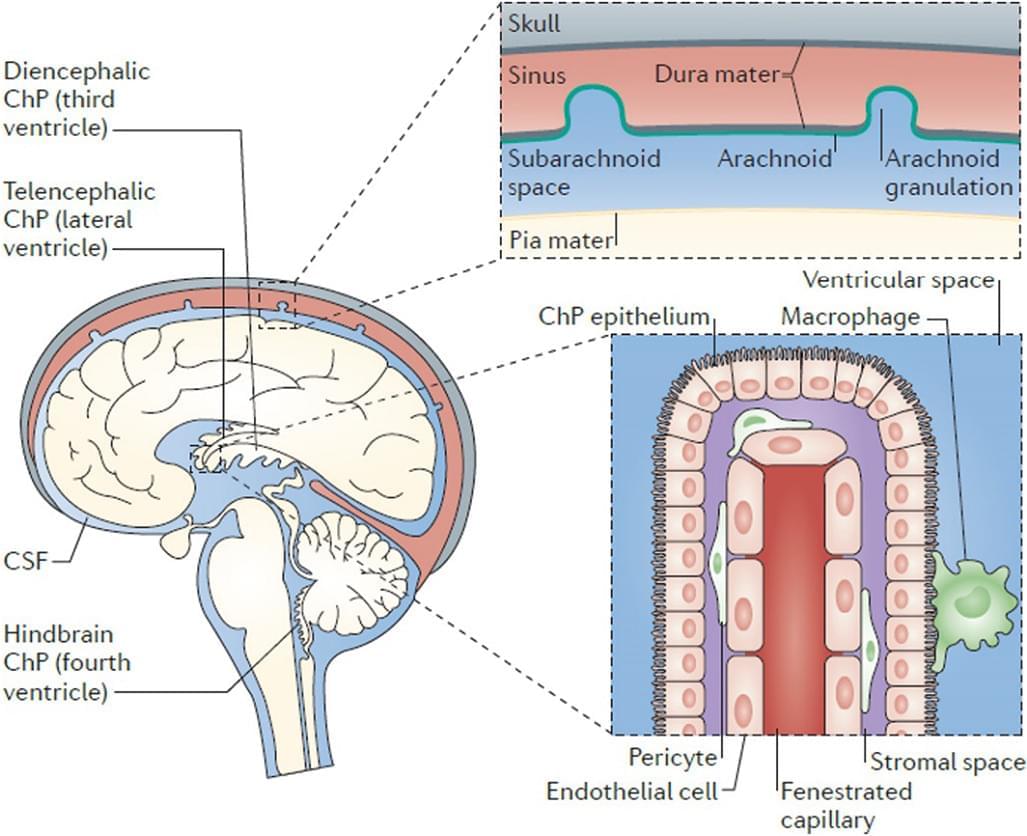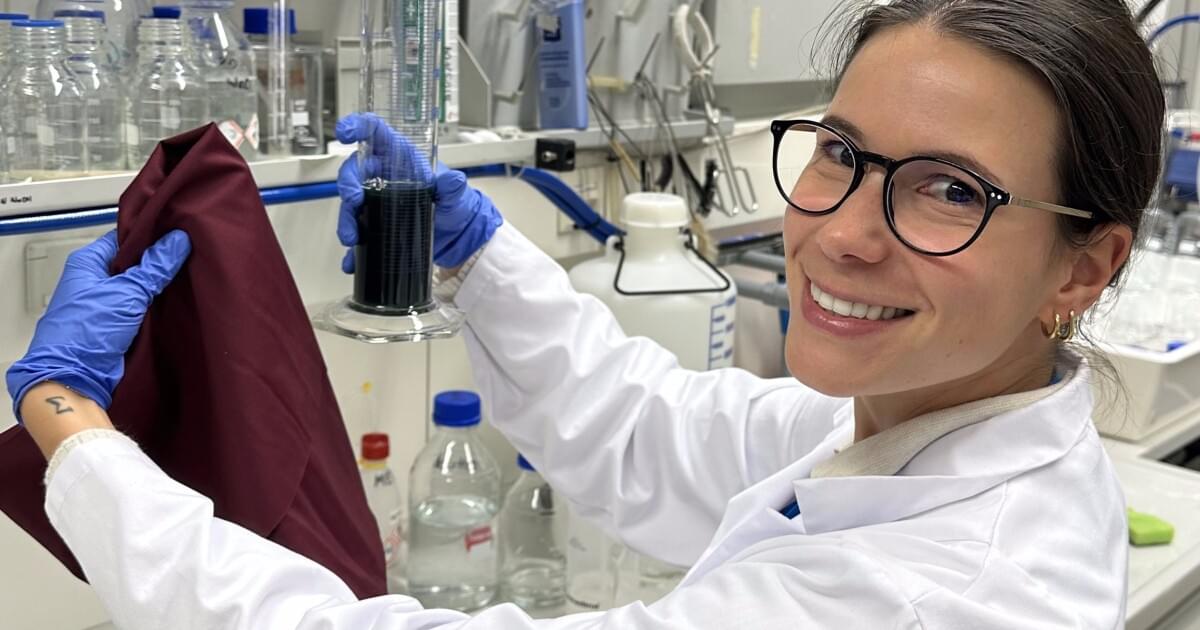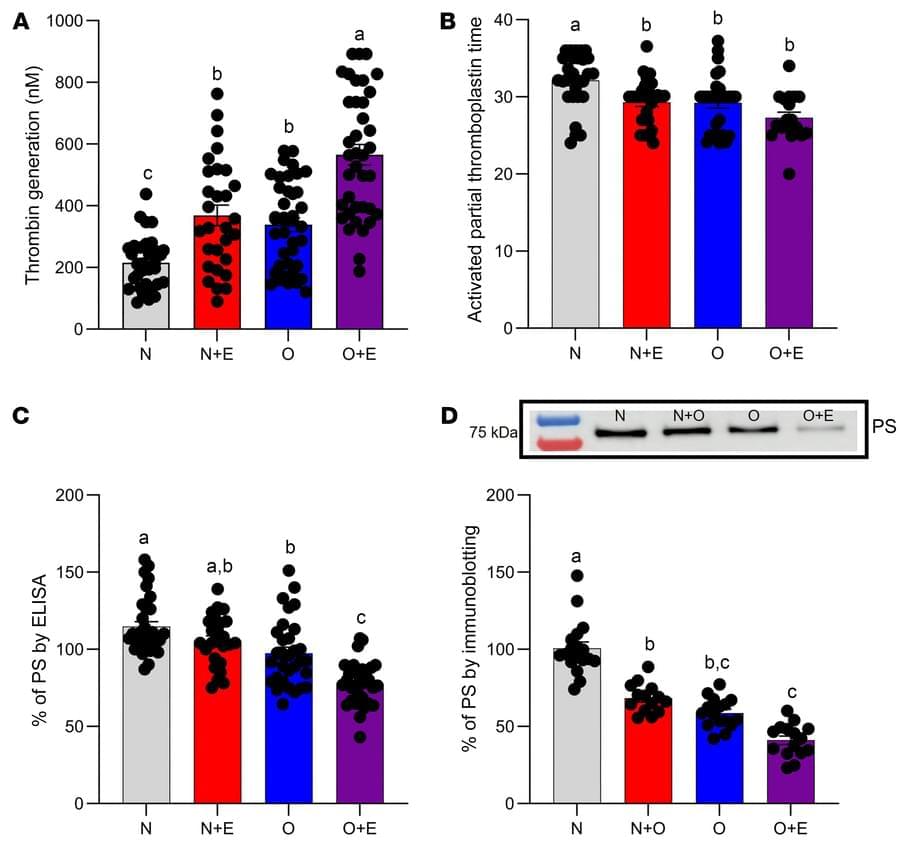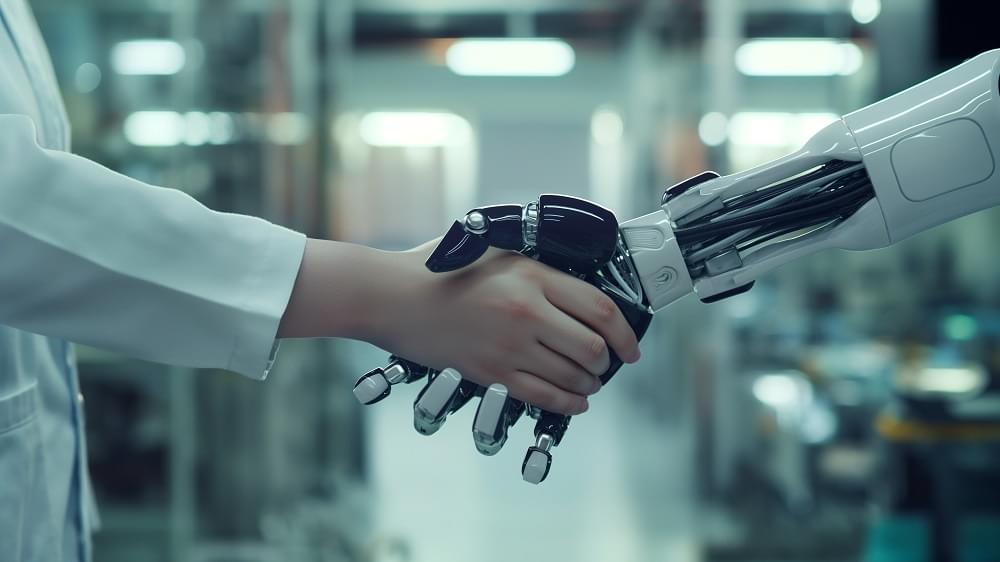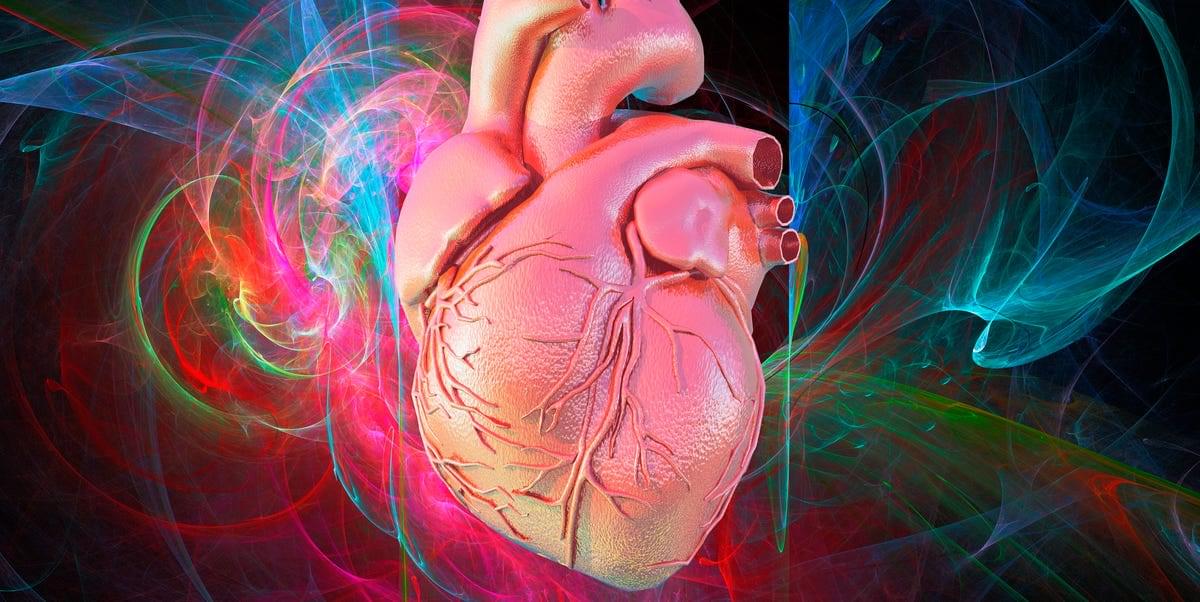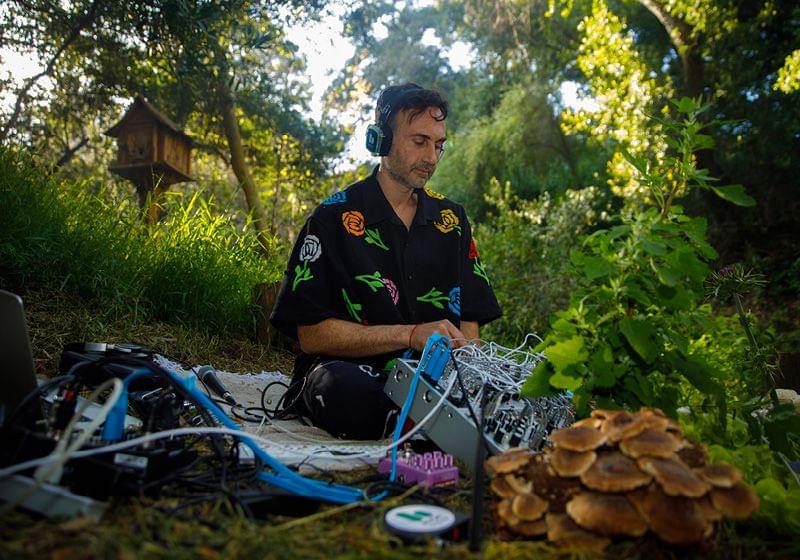Summary: Researchers at Ruhr University Bochum explore why consciousness evolved and why different species developed it in distinct ways. By comparing humans with birds, they show that complex awareness may arise through different neural architectures yet serve similar purposes.
New research examines why consciousness evolved by comparing humans with birds.
What evolutionary purpose does consciousness serve, and what insights can birds offer about its origins? These questions are at the heart of two new studies from researchers at Ruhr University Bochum.
